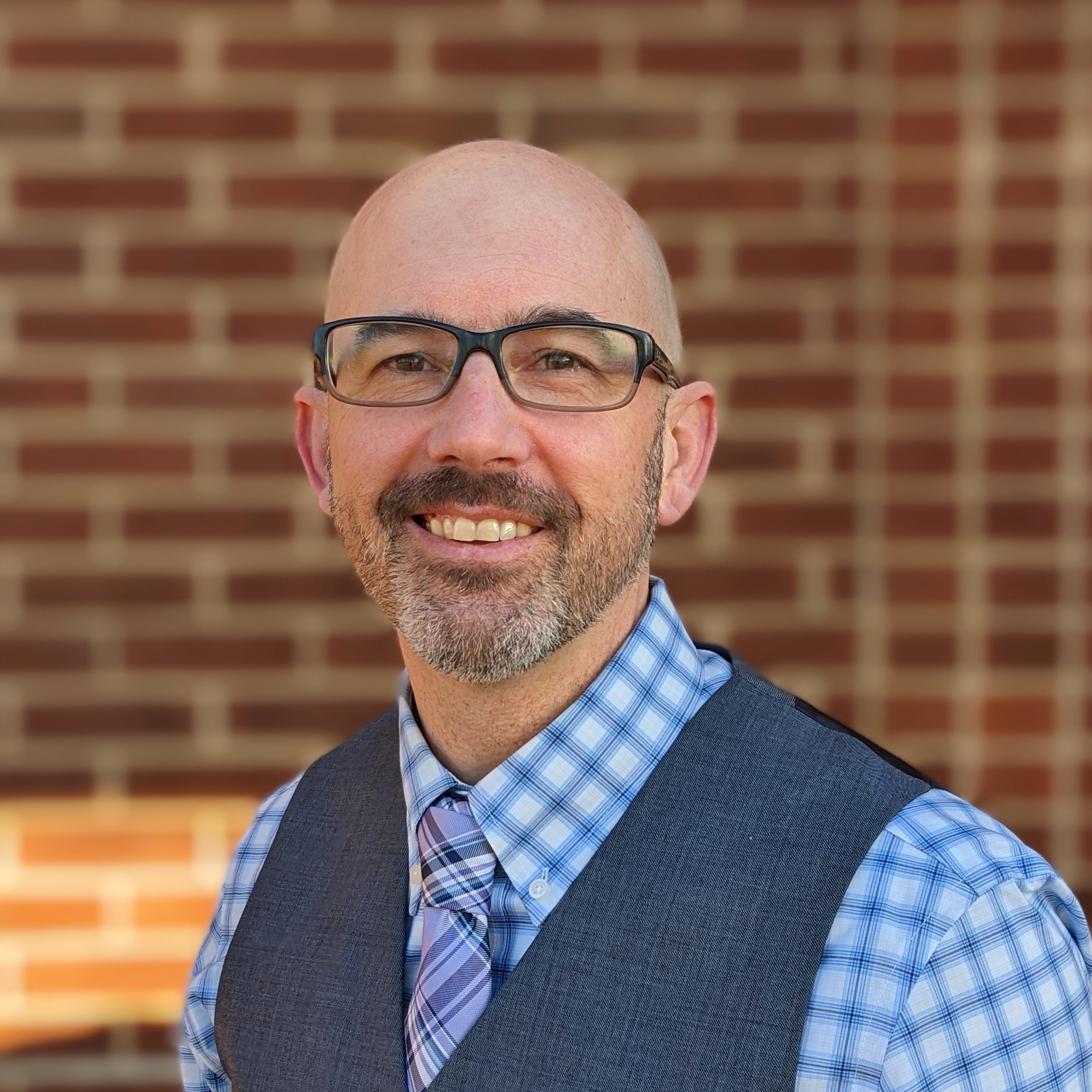Primary elections in Virginia are 23 days away and many have already cast their ballot on who should be three Democratic nominees for City Council. June 20 is also the last day for prospective candidates for elected school board.
In Charlottesville there is so far only one candidate that has filed paperwork with the Virginia Department of Elections and that’s Amanda Burns. Another candidate who has announced is Chris Meyer, who ran in 2019.
There have been many forums for the five Democratic candidates for City Council but the group Charlottesville United for Public Education opted to send specific questions. (read the survey)
“The candidates’ thoughtful responses to our questions underscore the importance of public education for our local leaders and the community,” said Sandra Aviles Poe, Community Organizer for Charlottesville United for Public Education. “Even with their varying approaches and solutions to challenges like mental health, school safety and transportation, we find it very promising that across the board the candidates recognize the challenges and opportunities and consider our schools a top priority.”
In the survey, candidates are asked to evaluate how well Charlottesville City Schools are doing, how an early education center at Walker Upper Elementary will be funded, and the role schools play in addressing public safety concerns. There’s also a question about transportation which I’ll include here courtesy of Charlottesville United for Public Education.
“Please describe the role that you see City Council taking to ensure the resources needed to implement solutions for the current transportation challenges?”
Lloyd Snook: “CCS and CAT have the same problem of getting bus drivers. I would like to see us use smaller buses that don’t require [Commercial Drivers Licenses] to operate. It would probably also be easier then to have electric vehicles for school buses.”
Dashad Cooper: “There are many different strategies that City Council could pursue to ensure that all students have a safe way to and from school. By working collaboratively with [Charlottesville City Schools], transportation providers, and community organizations, we can develop effective solutions that meet the unique needs of our community.”
Bob Fenwick: “I would make adequate pay and training for bus drivers a priority.”
Michael Payne: “City Council’s biggest role is providing adequate funding. I think our collaboration on the Safe Routes to School initiative has been a success given the difficult situation we were in, along with City Council approving increased salaries and the right to unionize for school bus drivers and utilizing CAT drivers for some school bus routes. But even with that, the situation is not sustainable or workable for too many families — we have to be clear that pupil transportation remains a crisis for Charlottesvile… Finally, it’s far less immediate for solving the pupil transportation crisis, but the City has a clear opportunity to use federal money to transition school bus fleet to electric schools buses; the City needs to take the lead in providing a cleaner, environmentally friendly method of school bus transportation. (response edited for length – full version on CUPE page)
Natalie Oschrin: Safe streets are a significant part of my platform. This requires investment and collaboration from the City and state transportation department to build sidewalks and roads that are safe AND pleasant, so using them as a biker or walker is an attractive option, especially for kids and families. Becoming less car-centric is a big cultural shift, a long-term goal that hopefully we can achieve in the short term. Expanded walk-to-school zones, public awareness campaigns, better signage, and protected paths for walkers and bikers are all needed and worthy. Council recently approved speed cameras near Buford to help walkers and crossing guards, however if the car is already speeding, the ticket is reaction more than prevention. (response edited for length – full version on CUPE page)
Before you go: The time to write and research of this article is covered by paid subscribers to Charlottesville Community Engagement. In fact, this particular installment comes from the May 28, 2023 edition of the program. To ensure this research can be sustained, please consider becoming a paid subscriber or contributing monthly through Patreon.













